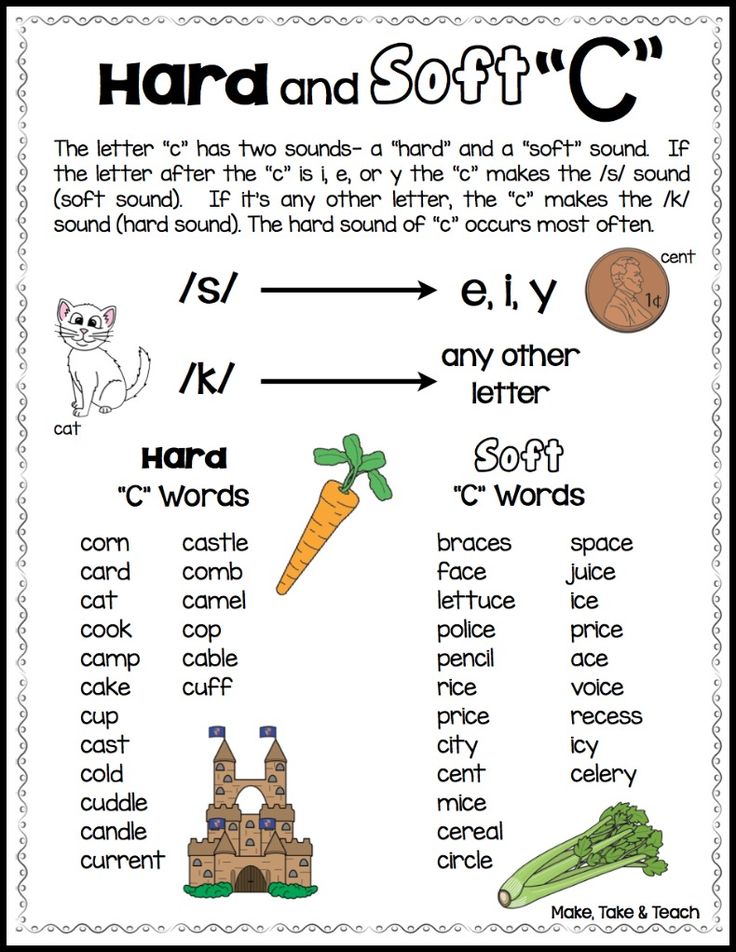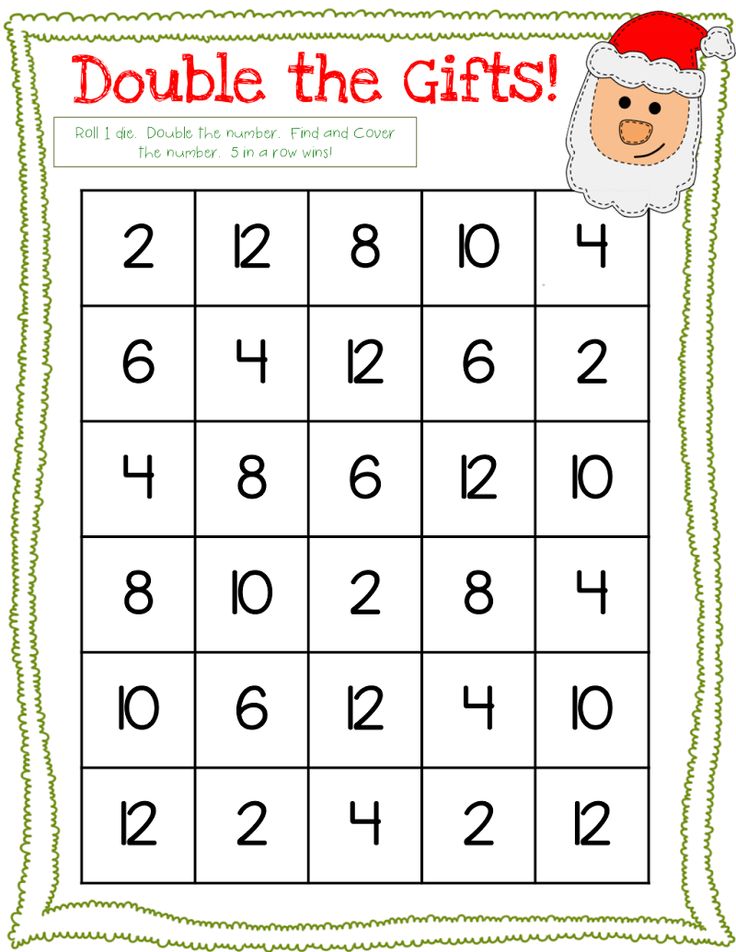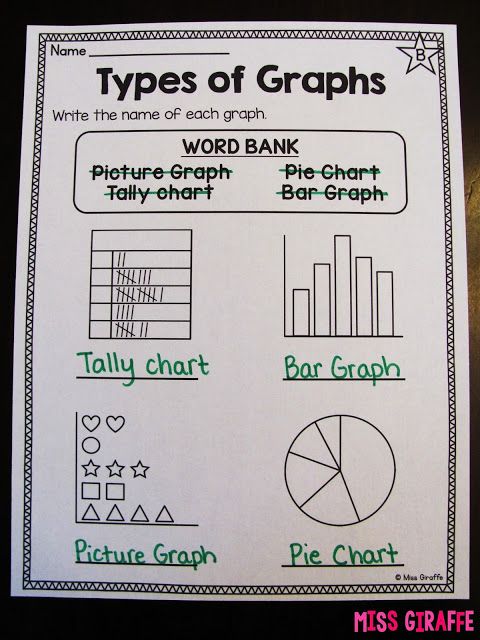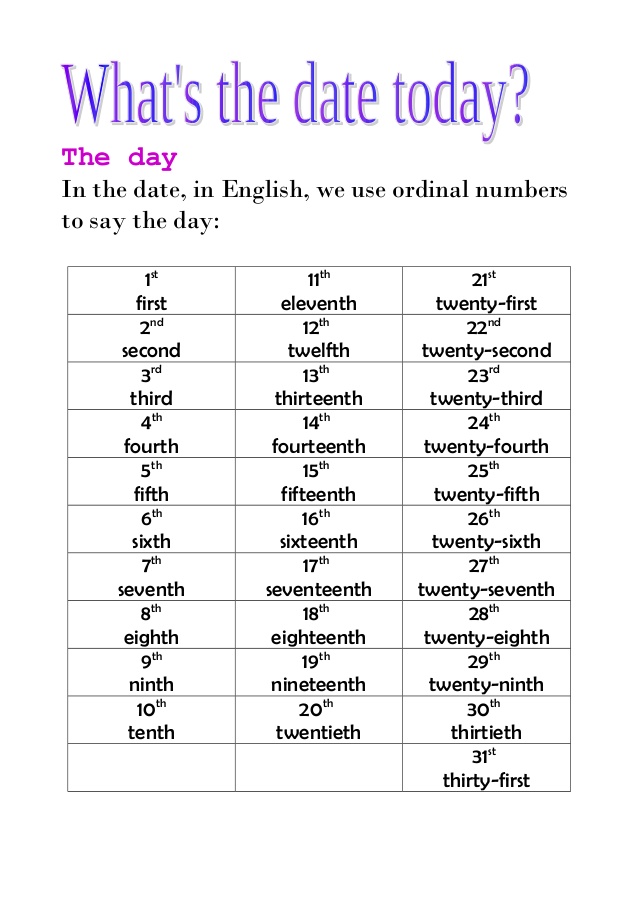Compound words with fire
68 Compound Words Beginning With 'Fire'
Did you know?
For every order ProofreadingServices.com processes, we donate one book to a homeless shelter. If you'd like to support our social mission, you can order proofreading, translation, or resume writing.
Need to find compound words beginning with "fire"? Take a look at this list of relevant terms. These terms using multiple words to refer to a unified concept all start with your chosen word.
| fireable | firebug | firehouse | fireroom |
| firearm | firebush | fireless | firescreen |
| fireback | fireclay | firelight | fireship |
| fireball | firecracker | firelighter | fireside |
| fireballer | firecrest | firelit | firestone |
| fireballing | firedamp | firelock | firestorm |
| firebase | firedog | fireman | firethorn |
| firebird | firedrake | firemanic | firetrap |
| fireboard | firefang | firemark | firetruck |
| fireboat | firefight | firepan | firewall |
| firebomb | firefighter | firepink | firewarden |
| firebombing | firefighting | fireplace | firewater |
| firebox | firefloat | fireplug | fireweed |
| firebrand | fireflood | firepot | firewoman |
| firebrat | firefly | firepower | firewood |
| firebreak | fireguard | fireproof | firework |
| firebrick | firehall | fireproofing | fireworm |
Need help with proofreading, translation, or resume writing? Contact us.
List of Words Containing 'fire'
There are 176 words which contain 'fire'
4 letter words containing 'fire':
5 letter words containing 'fire':
afire
fired
firer
fires
6 letter words containing 'fire':
firers
refire
7 letter words containing 'fire':
bonfire
firearm
firebox
firebug
firedog
firefly
firelit
fireman
firemen
firepan
firepot
foxfire
gunfire
misfire
outfire
prefire
refired
refires
rimfire
unfired
8 letter words containing 'fire':
backfire
balefire
bonfires
bushfire
campfire
drumfire
fireable
firearms
fireback
fireball
firebase
firebird
fireboat
firebomb
firebrat
firebugs
fireclay
firedamp
firedogs
firefang
firehall
firehose
fireless
firelock
firepans
firepink
fireplug
firepots
fireroom
fireside
firetrap
firewall
fireweed
firewood
firework
fireworm
foxfires
gunfires
hangfire
hellfire
misfired
misfires
outfired
outfires
postfire
prefired
prefires
rimfires
spitfire
surefire
wildfire
9 letter words containing 'fire':
backfired
backfires
balefires
brushfire
bushfires
campfires
ceasefire
crossfire
drumfires
firebacks
fireballs
firebases
firebirds
fireboats
firebombs
fireboxes
firebrand
firebrats
firebreak
firebrick
fireclays
firedamps
firedrake
firefangs
firefight
fireflies
fireguard
firehalls
firehoses
firehouse
firelight
firelocks
firemanic
firepinks
fireplace
fireplugs
firepower
fireproof
firerooms
firesides
firestone
firestorm
firethorn
firetraps
firewalls
firewater
fireweeds
firewoods
fireworks
fireworms
hangfires
hellfires
retrofire
shellfire
spitfires
wildfires
10 letter words containing 'fire':
brushfires
ceasefires
crossfires
fireballer
firebombed
firebrands
firebreaks
firebricks
firedrakes
firefanged
firefights
fireguards
firehouses
firelights
fireplaced
fireplaces
firepowers
fireproofs
firestones
firestorms
firethorns
firewalled
firewaters
retrofired
retrofires
shellfires
11 letter words containing 'fire':
counterfire
fireballers
fireballing
firebombing
firecracker
firefanging
firefighter
fireproofed
firewalling
12 letter words containing 'fire':
counterfired
counterfires
firecrackers
firefighters
firefighting
fireproofing
13 letter words containing 'fire':
firefightings
| Info | Details |
|---|---|
| Points in Scrabble for fire | 7 |
| Points in Words with Friends for fire | 7 |
| Number of Letters in fire | 4 |
| More info About fire | fire |
| List of Words Starting with fire | Words Starting With fire |
| List of Words Ending with fire | Words Ending With fire |
| 5 Letter Words Starting with fire | 5 Letter Words Starting with fire |
| 6 Letter Words Starting with fire | 6 Letter Words Starting with fire |
| 7 Letter Words Starting with fire | 7 Letter Words Starting with fire |
| 5 Letter Words Ending with fire | 5 Letter Words Ending with fire |
| 6 Letter Words Ending with fire | 6 Letter Words Ending with fire |
| 7 Letter Words Ending with fire | 7 Letter Words Ending with fire |
| List of Words Containing fire | Words Containing fire |
| List of Anagrams of fire | Anagrams of fire |
| List of Words Formed by Letters of fire | Words Created From fire |
| fire Definition at Wiktionary | Click Here |
| fire Definition at Merriam-Webster | Click Here |
| fire Definition at Dictionary | Click Here |
| fire Synonyms At Thesaurus | Click Here |
| fire Info At Wikipedia | Click Here |
| fire Search Results on Google | Click Here |
| fire Search Results on Bing | Click Here |
| Tweets About fire on Twitter | Click Here |
| Teacher activities, materials | Student activities | UUD at the stages of the lesson | ||||||||||||||||||||||||
| 1. | ||||||||||||||||||||||||||
| Good morning. Let's greet each other, charge each other with warm hugs. | Children hug their neighbor and take their seats. | Personal ECM: the formation of self-organization skills | ||||||||||||||||||||||||
| 2. Updating knowledge | ||||||||||||||||||||||||||
| Today at the lesson we will not just be a teacher and students, but we will become creators. And here's what, you have to guess. To do this, you need to read Izmailov's poem "How Words Grow", the numbered parts of which are on your tables. ( Appendix 1 ) - Answer the question, who are you and what did you meet and see in the word garden. Children call, the teacher attaches the named words on the blackboard (root word, fruits, plantings, gardener, gardener) - Of these words, name the one that consists of two roots; - What connects these two roots? | Read in order:
Children name words. - The word "gardener" - letter O | Cognitive UUD: find the right answer to the question, search and highlight the necessary information | ||||||||||||||||||||||||
| 3. Formulating the topic and objectives of the lesson | ||||||||||||||||||||||||||
| - Can you name other similar words? (if necessary, the teacher gives examples with the connecting letter E) - What other letter combines roots in compound words? - What is the name of the letter that unites the two roots in these words? - Can you tell me when to write E and when O? - Formulate the topic of the lesson Gardeners get a quality harvest as a result of their work. You have fruits and vegetables on your tables. You must formulate the objectives of the lesson and write on them. | Give examples.
- Letter E - Connector Make assumptions. Children formulate the topic "Connecting Letters" Write down the intended objectives of the lesson. Read at will. | Communication UUD:
| ||||||||||||||||||||||||
| 4. Learning new material | ||||||||||||||||||||||||||
| To achieve your goals, you need to understand the topic of the lesson and write such words correctly. What rule must be observed when choosing a connecting letter, you now have to find out. Asking students questions: - how many roots can compound words consist of? - how are compound words formed? - how will you determine which vowel to write in compound words O or E? |
Children reading paragraph 41 Answer teacher's questions (out of 2, rarely out of 3) (from original words; from whole words; with connecting vowels, without connecting vowels) (after hard - O; after soft - E) | Personal UUD: understanding and comprehension of the material based on the paragraph read | ||||||||||||||||||||||||
| 5. Fixing | ||||||||||||||||||||||||||
| Independent work: ( Appendix 2 ) Task cards
Phys. pause:
| For each correctly completed task, draw a fruit or vegetable in the margins Independent work of students (mutual check)
Work in pairs, check on the board.
Under dictation, students write down words, distributing them into columns.
If desired, they read out, voice the analysis. | Cognitive UUD: development of independent work; look at the result of their work
Regulatory ECM: understanding what is learned and where there are still problems Communicative UUD: the ability to work in pairs, the development of dialogic speech Personal UUD: visual memory, thinking, attention | ||||||||||||||||||||||||
| 6. | ||||||||||||||||||||||||||
| - Count the number of fruits and vegetables you have collected in your notebook and rate yourself for the lesson
- Now let's collect our total crop in a basket. Let's check what goals set at the beginning of the lesson, we have achieved. - We have a large quality crop. We have worked very productively today. Thank you all for your work. | Carry out self-assessment of activities, correlate the goal and result | Personal ECM: development of self-esteem | ||||||||||||||||||||||||
About the “hearth”, “home” and “homeland”
Model of a barn with a scribe and an overseer. Middle Kingdom of Ancient Egypt, 2030–1850 BC e.11.150.3 / The Metropolitan Museum of Art
Home, a concept both banal and poetically sublime, connects a person's reality with his fantasies better than any other.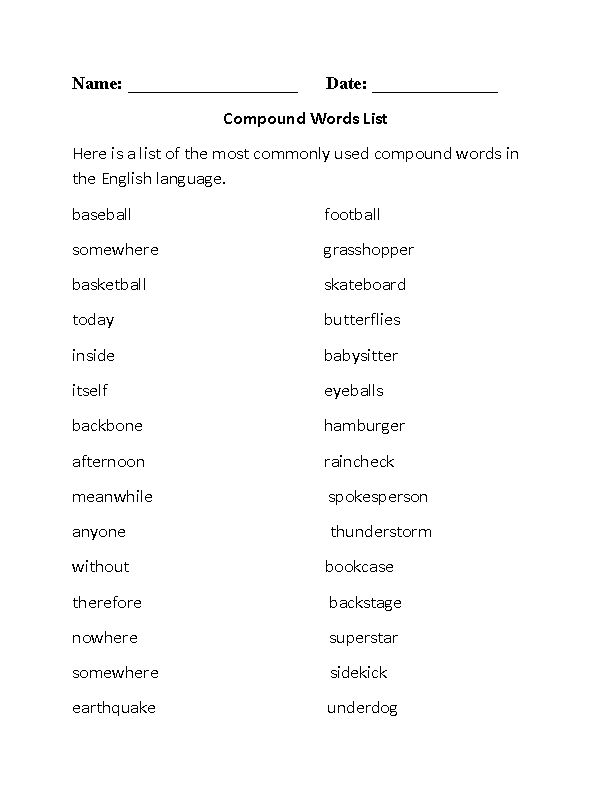 I say “concept” because it evokes a sense of proud belonging and self-sufficient relief—a state of being constantly desired but never attained. Throughout the history of mankind, the house has gone from concrete phenomena to abstract ideas. The study of how people understand home is not only an archaeological search for our origins, but also a psychological probing of our way of being, and this study is most productive in the case of our languages, in which our perception of our own identity and environment has left indelible marks.
I say “concept” because it evokes a sense of proud belonging and self-sufficient relief—a state of being constantly desired but never attained. Throughout the history of mankind, the house has gone from concrete phenomena to abstract ideas. The study of how people understand home is not only an archaeological search for our origins, but also a psychological probing of our way of being, and this study is most productive in the case of our languages, in which our perception of our own identity and environment has left indelible marks.
Hearth
It would hardly be a generalization to say that the primary comprehension by mankind of the house - the place of settlement - was associated with the warmth provided by artificially produced fire, which not only warmed the body, but also filled the stomach with treats cooked on it. For a long time, the hearth was the central - or, I should say, focal (lat. focus , "fire") - point of traditional human dwellings. Now that it has ceded its importance to central heating, modern kitchens and that corner in many houses and apartments called a fireplace, the hearth conjures up an image of a cozy village life, which is now considered to belong to innocent and practically bygone eras.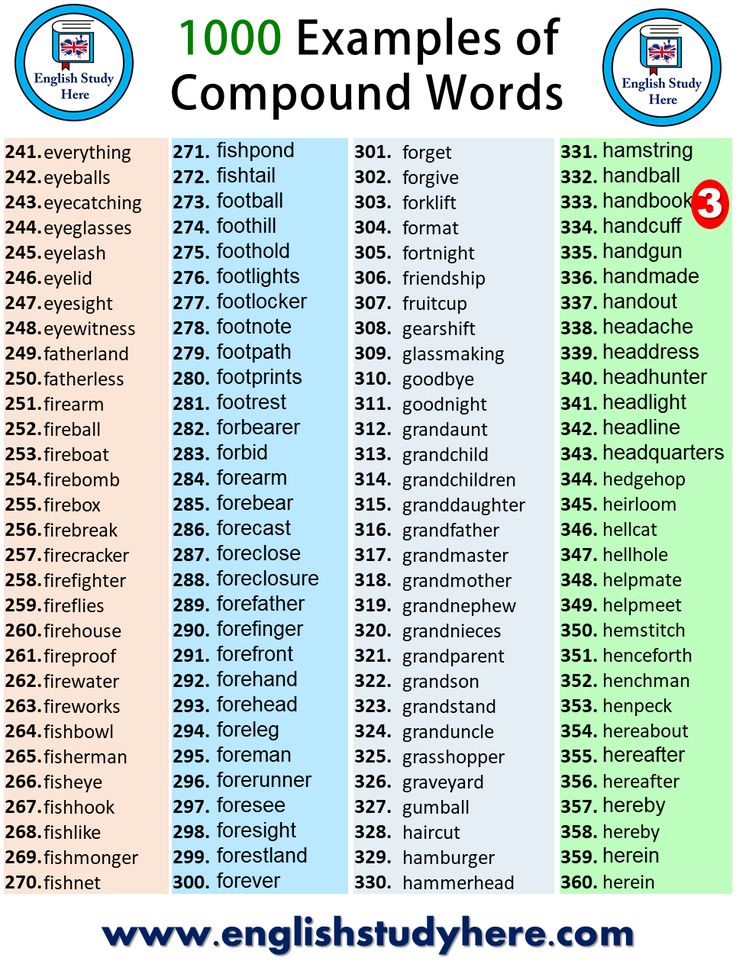 The importance of the hearth in the past has made it synonymous with "home" and "family", leading to expressions such as "hearth and home" in English and a family tax called the "hearth tax" in many medieval societies.
The importance of the hearth in the past has made it synonymous with "home" and "family", leading to expressions such as "hearth and home" in English and a family tax called the "hearth tax" in many medieval societies.
Fire and hearth as conditions for human survival and prosperity were so important to ancient people and households that they were worshiped with pious zeal as gods. In monotheistic Zoroastrianism, the light and brilliance of fire symbolized the divine principle, and this image was inherited by the concept of divine light in Islam, in particular in Sufism. The Vedic god of fire अग्नि (Agni) has the same origin as Zoroastrianism, and is second in importance only to the deity इन्द्र (Indra) - the equivalent of the Greek Ζεύς (Zeus). The Greek goddess Ἑστία (Hestia) is literally named after the hearth, and this name possibly comes from the Indo-European root *h₂wes- , “settle, spend the night”, which directly points to the most primitive form of human existence.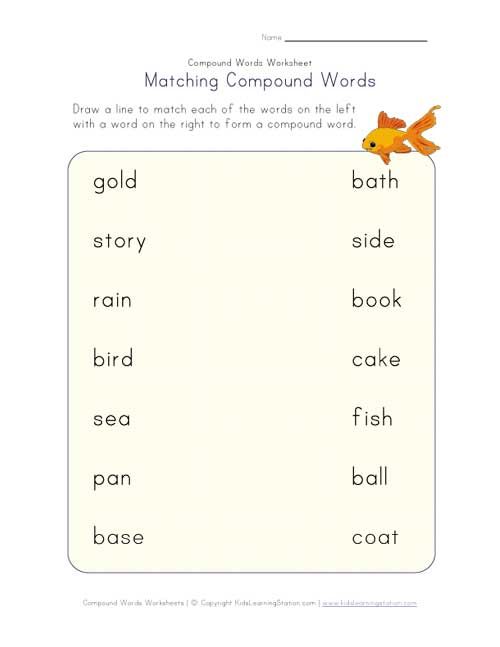
However, lexically, ochag connected the Eurasian societies most strongly with the help of the word ochag , its name in the Turkic language. OCAK in Turkish, OCAQ on Azerbaijani, O'CHOQ on Uzbek, ئوچاق ( Ochaq ) on Uygursky, Oshak ) on Kazakh, points () uchak ( uchaq ) in Tatar are all heir words of the Old Turkic ochaq , “hearth, place by the fire”, associated with the word ōt , “fire”. This word has paved the way to all other languages that in one way or another came into contact with Turkic speakers throughout history. It entered Persian, in which اجاق ( ojāq ) now means a gas or coal stove or simply a burner. It also appeared in the form of the word “hearth” in Russian, where it traditionally meant a firebox or stove used for cooking food on fire. From Turkic ochag , the Armenian word օջախ ( ojakh ) also originated, which not only means hearth as such, but is also used in especially emotional and metaphorical statements about “family and loved ones”, which are so often recalled in toasts at the table.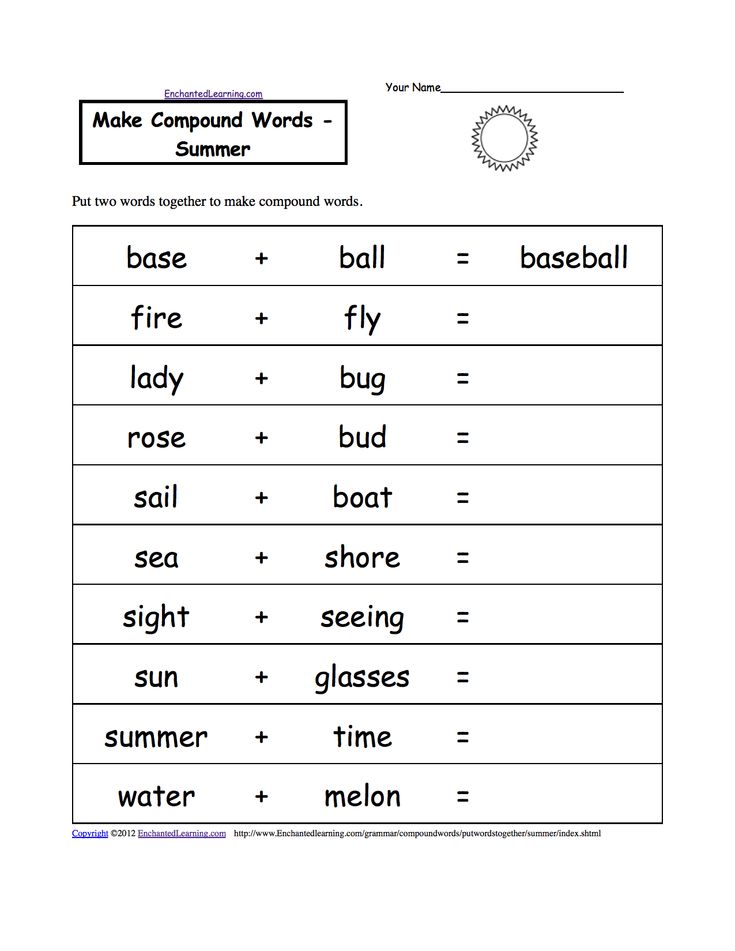 At the same time, the original word for “family”, ընտանիք ( ənt’anik ), has a literal, material meaning. In Georgian, in turn, ochag has become a common term for a family - ოჯახი ( ojakhi ). If you have ever tried the Georgian dish ოჯახური ( ojakhuri ), then you will understand how successfully this heavy, hearty dish is suitable to feed the whole family ( ojakh , "family", + - uri , "th" ). And speaking of food, I have always preferred those Turkish restaurants that call themselves ocakbaşı , "by the hearth."
At the same time, the original word for “family”, ընտանիք ( ənt’anik ), has a literal, material meaning. In Georgian, in turn, ochag has become a common term for a family - ოჯახი ( ojakhi ). If you have ever tried the Georgian dish ოჯახური ( ojakhuri ), then you will understand how successfully this heavy, hearty dish is suitable to feed the whole family ( ojakh , "family", + - uri , "th" ). And speaking of food, I have always preferred those Turkish restaurants that call themselves ocakbaşı , "by the hearth."
1996.116.16 / Brooklyn Museum Top right : Model of a house that was used as a burial table for offerings. Middle Kingdom of Ancient Egypt, 1750–1700 BC e.
07.231.11 / The Metropolitan Museum of Art Lower left : Funerary sculpture in the shape of a watchtower.
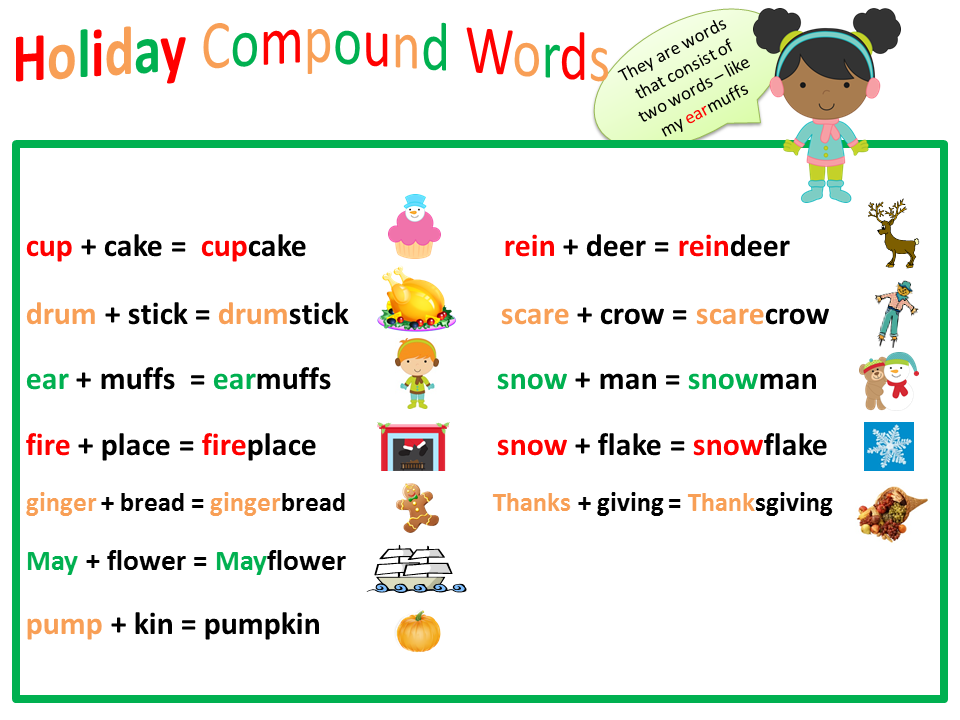 Eastern Han Dynasty, c. 25 BC - 220 AD
Eastern Han Dynasty, c. 25 BC - 220 AD 1989.71 / Cleveland Museum of Art Lower right : Model in the form of a house depicting a ritual feast. Nayarit culture, 100 B.C. - 300 AD
1997.474 / The Art Institute of Chicago
In modern times, due to its broad semantic field, hearth has become synonymous with unity in some cultures. In the Persian language, the material embodiment of ochaq in the form of a stove did not replace the word for “hearth”, کانون ( kānūn ), which now most often denotes a society or club and draws in the imagination the image of like-minded people around the fire, discussing ideas dear to their hearts and hoping to the birth of new ideas. Perhaps it means that you and your comrades can be understood as a family, and with each other you are at home, if you have one goal. Turkish equivalent, ocak , has a similar meaning and is used in the names of some organizations. The word کانون ( kānūn ) also exists in Arabic and comes from the Syriac word kānōn , meaning "hearth, place by the fire" and defining the time period from December to January in the Syrian Gregorian calendar. This word apparently gave the names to the Arabic months كانون الأول ( kānūn al-awwal , "the first eve"), "December", and كانون الثاني ( kānūn al-, "second eve"), "January". The modern Turkish name for January is none other than Ocak , translated from the Arabic word کانون, which comes from the Syriac language. Once upon a time, the Turks called this word both December and January.
This word apparently gave the names to the Arabic months كانون الأول ( kānūn al-awwal , "the first eve"), "December", and كانون الثاني ( kānūn al-, "second eve"), "January". The modern Turkish name for January is none other than Ocak , translated from the Arabic word کانون, which comes from the Syriac language. Once upon a time, the Turks called this word both December and January.
Home
From the fire of the hearth, dwelling begins - the material embodiment of the house, a shelter built around the hearth so that we, people, feel safe. The most poetic - now I'm talking literally - definition of "home" in the languages of Eurasian civilizations is perhaps the Arabic word بیت ( bayt ), meaning both "house" and "tent". Moreover, the last meaning, apparently, is rooted in those times when the Arabs, or rather the Bedouins, led a nomadic lifestyle. Bayt originates from the triliteral root b-y-t , which forms the verb بات ( bāt ), "to spend the night somewhere", which again reminds us of the original meaning of the Indo-European root *h₂wes- . The reason why the word bayt is poetic is that it denotes not only a type of dwelling, but also a line of a poem. In Arabic poetic terminology, which is followed in all languages of Islamic civilization, the line of a poem is literally compared to a tent, because, according to the 10th century linguist Abu Mansur al-Azhari from Herat (now Afghanistan), poetry is an organized collection of words. The Arabs name the fundamental parts of a line of poetry after the parts of the tent, and on the basis of this technical metaphor they have created a refined, truly poetic science.
The reason why the word bayt is poetic is that it denotes not only a type of dwelling, but also a line of a poem. In Arabic poetic terminology, which is followed in all languages of Islamic civilization, the line of a poem is literally compared to a tent, because, according to the 10th century linguist Abu Mansur al-Azhari from Herat (now Afghanistan), poetry is an organized collection of words. The Arabs name the fundamental parts of a line of poetry after the parts of the tent, and on the basis of this technical metaphor they have created a refined, truly poetic science.
And yet, the word bayt , "home", has not gone far beyond Arabic culture. On the territory of the Eurasian continent, the most used words for home are various modern derivatives of the Indo-European *dṓm and the Persian خانه ( khāna ).
The Indo-European word *dṓm , “home”, is what unites the English words domain , “territory, possession”, domestic0511 dominate , "dominate, dominate", and the name Dominic.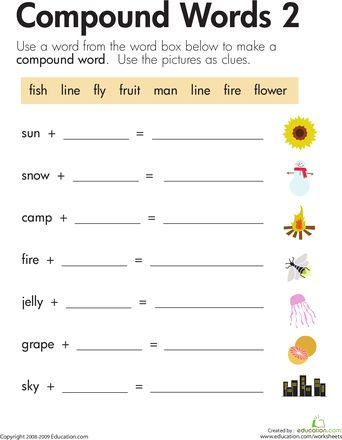 All of them come from the Latin descendant of the Indo-European word domus , "house", a direct relative of the Greek δόμος ( dómos ), "dwelling", Sanskrit दम ( dama ), "house", Russian "house", Armenian տուն ( t'un ), "building, house", and Albanian dhomë , "bedroom, room". It is not so obvious that the English word dome , "dome, vault", also originates from this root, based on the Latin domus . The connection of the dome with the "house" is not so surprising, because we know that the church in Christianity is the "house of God", or domus Dei in Latin, and that is why the Italian word duomo , a direct derivative of the Latin domus, means "temple ", like Dom in German.
All of them come from the Latin descendant of the Indo-European word domus , "house", a direct relative of the Greek δόμος ( dómos ), "dwelling", Sanskrit दम ( dama ), "house", Russian "house", Armenian տուն ( t'un ), "building, house", and Albanian dhomë , "bedroom, room". It is not so obvious that the English word dome , "dome, vault", also originates from this root, based on the Latin domus . The connection of the dome with the "house" is not so surprising, because we know that the church in Christianity is the "house of God", or domus Dei in Latin, and that is why the Italian word duomo , a direct derivative of the Latin domus, means "temple ", like Dom in German.
Less obvious is the fact that the English word despot , from Greek δεσπότης ( despótēs ), also comes from Indo-European *dṓm . This can be traced in the Indo-European construction *dems potis , "one who owns a house" (where *dems is a mutation *dṓm ), that is, "the owner of the house", the head of the family, where part *potis 'master' is cognate with the Albanian verb pata 'to possess', the Sanskrit word पत ( pati ) and the Greek πόσις ( pósis ), both meaning "husband".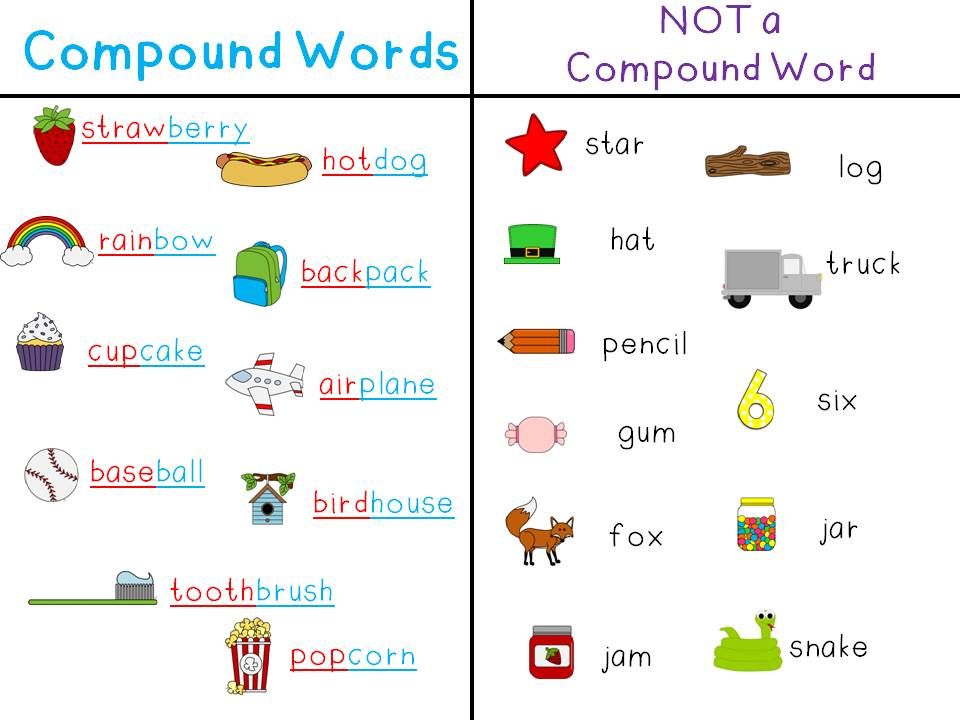 Despótēs in Greek is the direct equivalent of दपत ( dampati ) in Sanskrit, the feminine form of which would be दपिन ( dampatni ), literally "the female head of the family". The Greek equivalent of the Sanskrit dampatni , δέσποινα ( déspoina ), "mistress, mistress", has come to mean in modern Greek an address addressed to an unmarried woman, "miss".
Despótēs in Greek is the direct equivalent of दपत ( dampati ) in Sanskrit, the feminine form of which would be दपिन ( dampatni ), literally "the female head of the family". The Greek equivalent of the Sanskrit dampatni , δέσποινα ( déspoina ), "mistress, mistress", has come to mean in modern Greek an address addressed to an unmarried woman, "miss".
The word خانه ( khāna ), so widespread in the Persian Muslim world, comes from the above-mentioned Indo-European root *h₂wes- , "to settle, spend the night." Although not very obvious these days, the Indo-European root evolved into the Sanskrit वस ( vas-), which is related to the Avestan root vaŋh-. The Old Persian word āvahanam , "village", contains a compound root ( *h₂wes- > * vas- > *vah- ) and is the progenitor of the word خانه ( 5 khāna) in modern Persian.
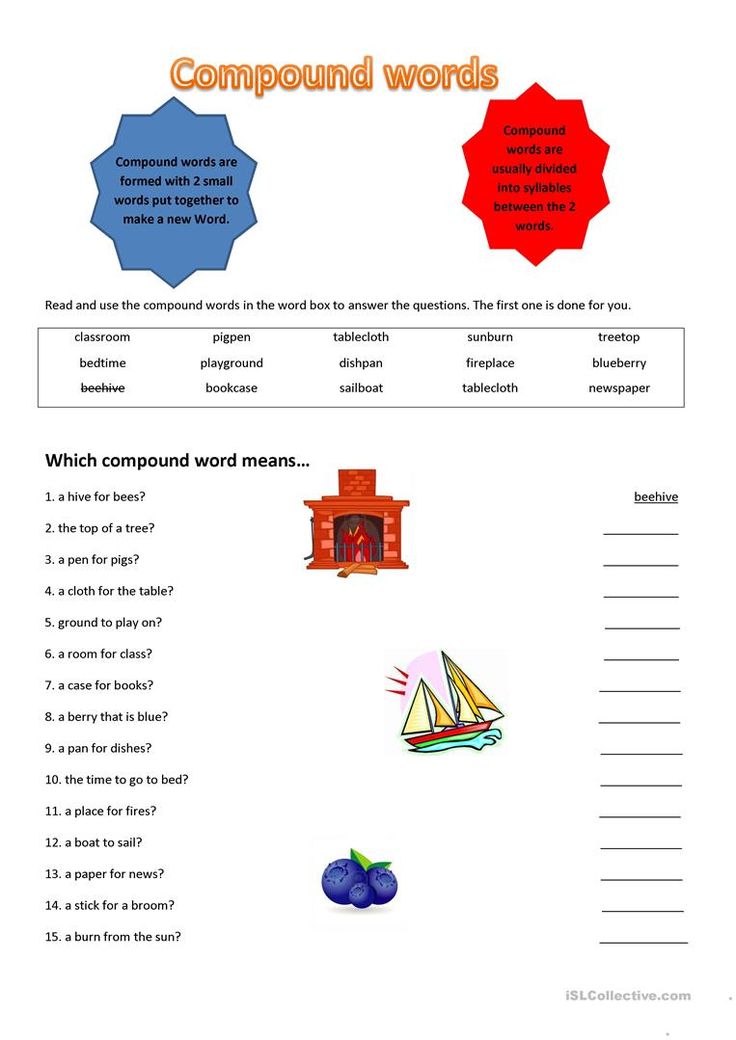 Villanova culture, 8th century BC e.
Villanova culture, 8th century BC e. 48.2312 / The Walters Art Museum Top right : Model in the form of a fenced yard. China, 1–200 AD
14.444 / RISD Museum Bottom left : Haniwa (ritual figurine) found at Chausuyama Mound (Akabori, Gunma Prefecture). Japan, 5th century (Kofun period)
J-21140 / Tokyo National Museum Lower right : Model in the form of a house depicting a holiday. Presumably Iran, XII-XIII centuries.
67.117 / The Metropolitan Museum of Art
The word خانه ( khāna ), used in Persian as a stand-alone word for "house", is also used in compound nouns, denoting closed spaces intended for some action. Due to the unlimited ability of the Persian language to produce compound nouns, many khanas . But my favorite - and I'm sure the favorite of many of you - is چایخانه ( chāykhāna ), a “tea house”, an institution, or, shall we say, a social system that brings people from various walks of life together and gives them the opportunity to discuss everyday activities and the most extravagant ideas over a cup of herbal drink, which first appeared in China and spread along the entire Silk Road.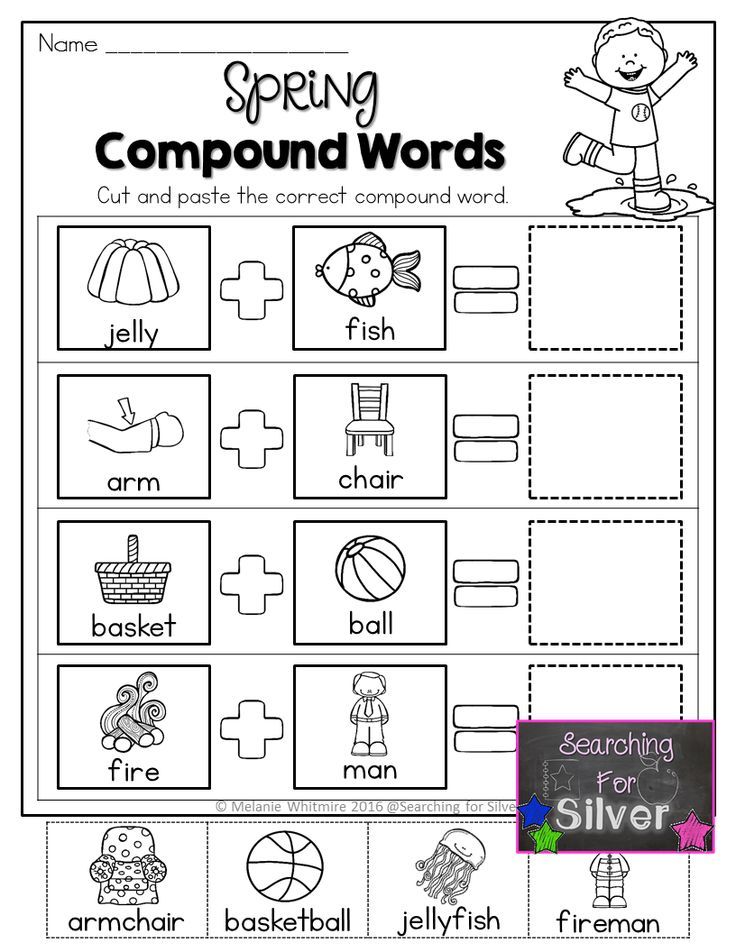 Sometimes tea drinking can be accompanied by savoring juicy manti, or samosas, or fried kebab with its aroma that fills the air and encourages friendly fun. "Tea houses" played such an important role in the social life of Central Asia that they entered the Russian language, giving it the word "teahouse". And although in the modern world they have given way to trendy restaurants, cafes and bars, which sometimes also call themselves chāykhāna , the cultural heritage of "tea houses" lives on in visitors who seek the same joy and pleasure in their offspring.
Sometimes tea drinking can be accompanied by savoring juicy manti, or samosas, or fried kebab with its aroma that fills the air and encourages friendly fun. "Tea houses" played such an important role in the social life of Central Asia that they entered the Russian language, giving it the word "teahouse". And although in the modern world they have given way to trendy restaurants, cafes and bars, which sometimes also call themselves chāykhāna , the cultural heritage of "tea houses" lives on in visitors who seek the same joy and pleasure in their offspring.
Compound nouns derived from khāna are usually quite literal. However, a less obvious example of the use of khāna would be the word دیوان ( dīwān ), the two constituents of which, dī and wān , are now practically not used as separate words. Originally dī came from the Old Persian word dipi 'inscription, document', originating in Sumerian dub 'clay tablet'.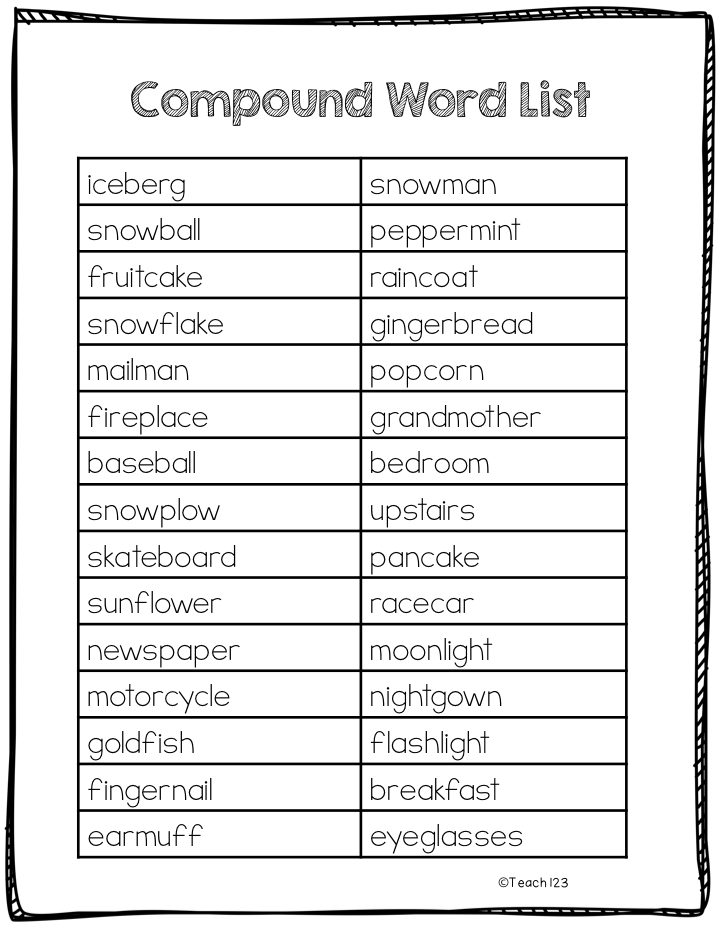 Dub was borrowed into the Akkadian language in the form of the word ṭuppu and became the basis for the word دبیر ( dabīr ), "clerk, secretary", in modern Persian, and also gave rise to the Armenian դպրոց ( 905 dp'2rots ), "school". Wān is a phonetic corruption of the ancient form *vahanam and has the same meaning as the modern word khāna , "house". Therefore, dīwān originally meant writings, letters and documents collected in a book, or in an official institution, such as an archive, and, more broadly, any department or council. The imperial council of the Ottoman Empire was called دیوان همایون Dīvān-i Humāyūn , "solemn council", and the word dīwān was also used in relation to the Mughal imperial court. The modern Western word divan , "couch", not used in English, but characteristic of French and Russian, was definitely born from the metonymic use of the word dīwān , resulting from the encounter of Europeans with the bureaucratic culture of the Islamic empires to the east of their dominions.
Dub was borrowed into the Akkadian language in the form of the word ṭuppu and became the basis for the word دبیر ( dabīr ), "clerk, secretary", in modern Persian, and also gave rise to the Armenian դպրոց ( 905 dp'2rots ), "school". Wān is a phonetic corruption of the ancient form *vahanam and has the same meaning as the modern word khāna , "house". Therefore, dīwān originally meant writings, letters and documents collected in a book, or in an official institution, such as an archive, and, more broadly, any department or council. The imperial council of the Ottoman Empire was called دیوان همایون Dīvān-i Humāyūn , "solemn council", and the word dīwān was also used in relation to the Mughal imperial court. The modern Western word divan , "couch", not used in English, but characteristic of French and Russian, was definitely born from the metonymic use of the word dīwān , resulting from the encounter of Europeans with the bureaucratic culture of the Islamic empires to the east of their dominions.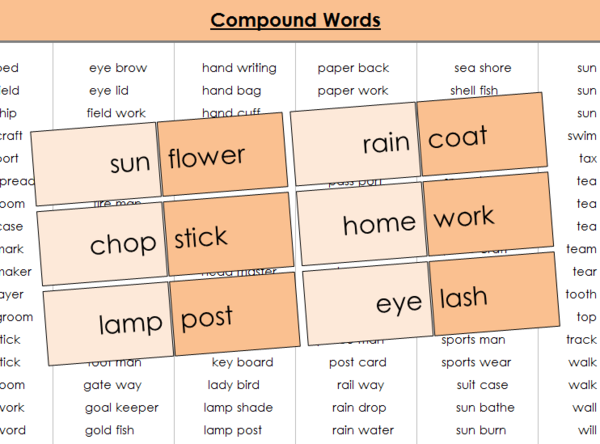 And this is an extremely successful semantic change: how can you imagine a house, khānā (< *vahanam ), without a comfortable sofa, divan (< *dipi-vahanam )?
And this is an extremely successful semantic change: how can you imagine a house, khānā (< *vahanam ), without a comfortable sofa, divan (< *dipi-vahanam )?
1964-236 / The Israel Museum, Jerusalem Right : An architectural model depicting a typical Western Mexican dwelling or ceremonial structure. Colima culture, ca. 200-300 years
2009.20.33 / The Walters Art Museum
And yet, khāna is not the only Persian word for “house.” کد ( kad ) or کده ( kada ) is currently not used as an independent word and is sometimes included in compound nouns, among which the most common is the Persian word دانشکده ( dānishkada ), "institute", which literally means "house of knowledge". It can also be found in the now obsolete expressions کدبانو ( kadbānū , literally "mistress of the house") and کدخدا ( kadkhudā , literally "master of the house").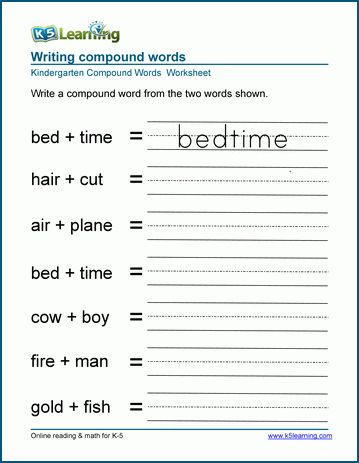 The first is the semantic equivalent of the aforementioned Greek word déspoina and the Sanskrit dampatni , the second is similar to the also mentioned masculine forms despotēs and dampati . If the meaning of kadbānū remained the same ("lady"), then the original meaning of kadkhudā evolved into the “head of a village or city” during the time of the Ilkhanids, and then, through the efforts of the Seljuks and even later the Ottomans, completely turned into an official rank. The Talysh word kə , as well as the word ked from the Dorian dialect of the Zoroastrians, means “house” and is cognate with the Persian kad or kada , and all of them go back to the common Middle Iranian form ka2tag 90tag.
The first is the semantic equivalent of the aforementioned Greek word déspoina and the Sanskrit dampatni , the second is similar to the also mentioned masculine forms despotēs and dampati . If the meaning of kadbānū remained the same ("lady"), then the original meaning of kadkhudā evolved into the “head of a village or city” during the time of the Ilkhanids, and then, through the efforts of the Seljuks and even later the Ottomans, completely turned into an official rank. The Talysh word kə , as well as the word ked from the Dorian dialect of the Zoroastrians, means “house” and is cognate with the Persian kad or kada , and all of them go back to the common Middle Iranian form ka2tag 90tag.
Motherland
For many of us, a home is a piece of land. Some call home the village, city, or country where they were born, whether they have lived in those places all their lives or spent most of their days away from them.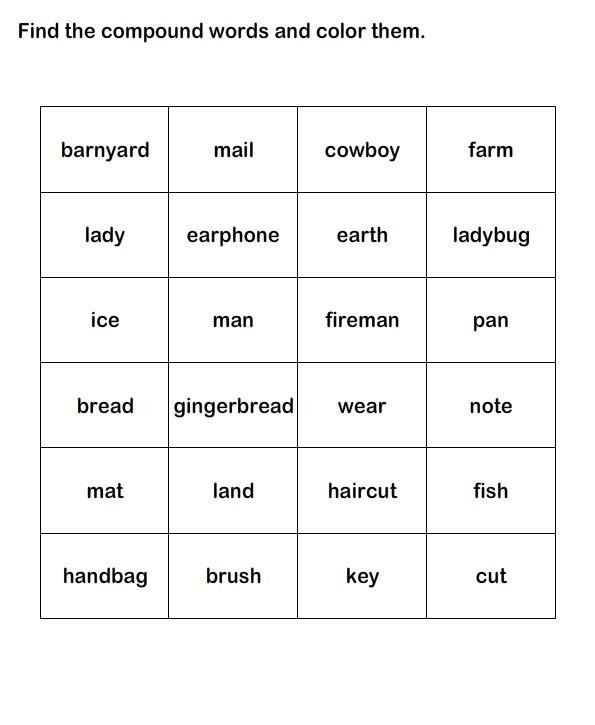 Some, however, refuse the lot prepared for them by fate and prefer uncharted lands that excite their souls during their travels. Others mourn tempora and mores of their time and, in order to feel at home, prefer to mentally indulge in the production of fantastic utopias. Intuitively or ideologically, for all, the homeland is a consequence of the innate human desire to territorially and temporally appropriate space in the hope of dispelling the fear of alienation. The philosophical German word Heimat embodies all the inexpressible feelings associated with the homeland, which eloquent poets and essayists glorify and exalt in unimaginable volumes.
Some, however, refuse the lot prepared for them by fate and prefer uncharted lands that excite their souls during their travels. Others mourn tempora and mores of their time and, in order to feel at home, prefer to mentally indulge in the production of fantastic utopias. Intuitively or ideologically, for all, the homeland is a consequence of the innate human desire to territorially and temporally appropriate space in the hope of dispelling the fear of alienation. The philosophical German word Heimat embodies all the inexpressible feelings associated with the homeland, which eloquent poets and essayists glorify and exalt in unimaginable volumes.
This primitive desire is literally expressed in the suffix -stan , which is found everywhere on the Eurasian continent. This Persian suffix originates from the Indo-European verb *steh , "to stand, to put", which gave the ancient and modern Indo-European languages a number of words with the general meaning of "to be upright": Latin stare , English stand , German stehen , Russian for "stand" and so on.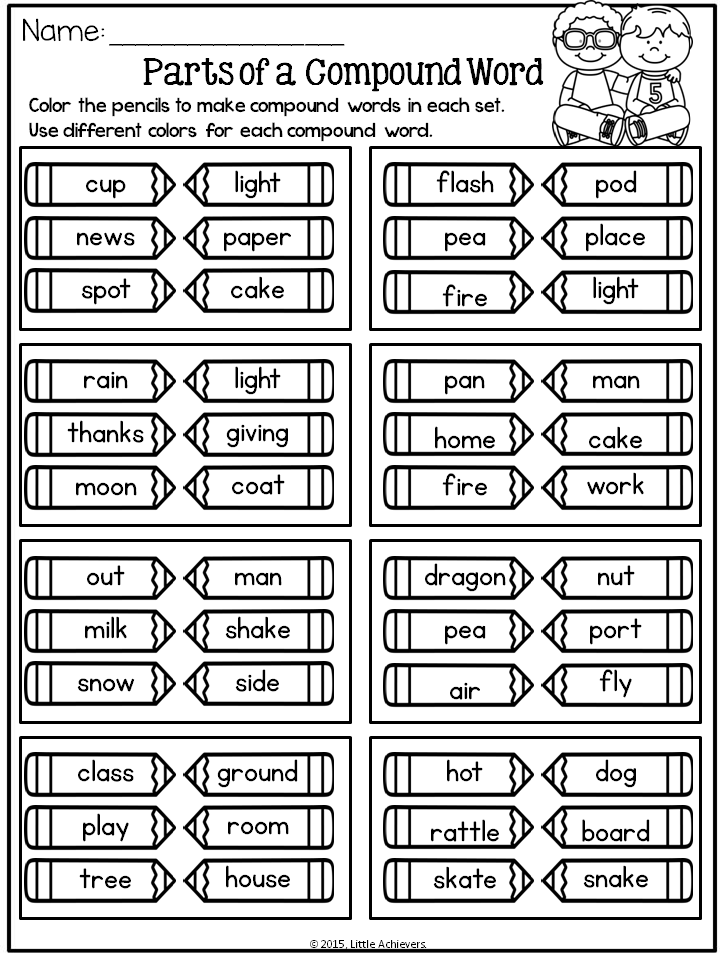 And also words meaning the constancy of this position or the desire for it: English stay , "to stay", Russian "to put" and so on. And most importantly, Latinism existence , "existence", and the corresponding verb exist , "exist". To stand is to exist, to exist is to live. The idea of "standing" is inextricably linked with the idea of "stopping" and "interrupting", which is embodied in the Persian word ایستادن ( īstādan ), "to stand, to stop", and "stopping" in a desired place expresses an intimate longing for continuity, i.e. " residence." A similar tripartite semantics is also found in the Turkic languages, where the root tur- means “stand”, “stop” and “live”: boys in Turkic-speaking countries are often called Tursun, “let him live”, or Turdi, “he lived”, expressing the parental desire to live and enjoy life.
And also words meaning the constancy of this position or the desire for it: English stay , "to stay", Russian "to put" and so on. And most importantly, Latinism existence , "existence", and the corresponding verb exist , "exist". To stand is to exist, to exist is to live. The idea of "standing" is inextricably linked with the idea of "stopping" and "interrupting", which is embodied in the Persian word ایستادن ( īstādan ), "to stand, to stop", and "stopping" in a desired place expresses an intimate longing for continuity, i.e. " residence." A similar tripartite semantics is also found in the Turkic languages, where the root tur- means “stand”, “stop” and “live”: boys in Turkic-speaking countries are often called Tursun, “let him live”, or Turdi, “he lived”, expressing the parental desire to live and enjoy life.
And life is the idea that is hidden in -stan . Stān is a place where someone or something comes to exist and live.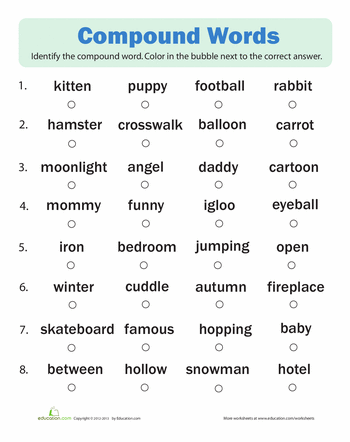 The Persian expression, originally meaning an abstract geographical area in the real or imaginary world, has become a necessary language tool for Western colonialists who impose borders and ethnic divisions in the East, namely in Central Asia, in order to name new territories "in a local manner", creating ever new nationalisms, contributed to their colonial goals. Central Asian stans are familiar to everyone; less well-known, perhaps, are Հայաստան ( Hayastan , “where Hay live, i.e. Armenians”), the self-name of Armenia; Yunanistan ("where the Ionians live"), as the Turks called Greece; Iryston (“where the Aryans live”), the local name for Ossetia, and Chinastan (“where the Chinese live”), as the Armenians and Sogdians called China. Also the name राजथान ( Rājasthān , "land of kings") comes to mind, using the Sanskrit suffix -sthān .
The Persian expression, originally meaning an abstract geographical area in the real or imaginary world, has become a necessary language tool for Western colonialists who impose borders and ethnic divisions in the East, namely in Central Asia, in order to name new territories "in a local manner", creating ever new nationalisms, contributed to their colonial goals. Central Asian stans are familiar to everyone; less well-known, perhaps, are Հայաստան ( Hayastan , “where Hay live, i.e. Armenians”), the self-name of Armenia; Yunanistan ("where the Ionians live"), as the Turks called Greece; Iryston (“where the Aryans live”), the local name for Ossetia, and Chinastan (“where the Chinese live”), as the Armenians and Sogdians called China. Also the name राजथान ( Rājasthān , "land of kings") comes to mind, using the Sanskrit suffix -sthān .
In the Islamic world, the most common word for homeland is the word وطن ( watan ), which expresses both pride, admiration and nostalgia in a variety of pronunciations.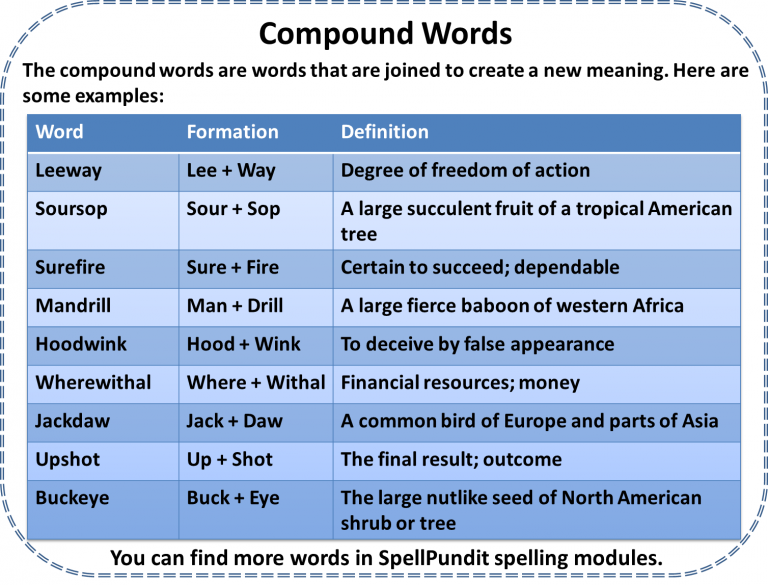 These feelings are instilled in us by society from an early age, which also teaches us to treat the motherland as a parent, which was, for example, extremely vividly represented in the form of numerous monuments in the Soviet Union dedicated to the “motherland”. Indeed, in modern civilizations, the homeland is most often presented as a mother, not a father, betraying, perhaps, our inner vulnerability, in need of caring care and tender affection, which are embodied by our mothers. On the other hand, our pride in the motherland and our desire for its endless duration most often prompt us to compare it with our fathers, whose name and honor - we sincerely hope so - flow in our veins and who, in turn, protect our name and honor. . Our complex, gendered relationship with our homeland is characteristic of our languages, whether or not they have gender-differentiated nouns: in English, nouns do not express gender, but the maternal image of the homeland present in the word homeland , evident in word motherland ; Turkish nouns also have no gender, but this does not prevent them from gendering the word vatan , originally masculine in Arabic, but neutral after borrowing, resulting in ana vatan , "motherland".
These feelings are instilled in us by society from an early age, which also teaches us to treat the motherland as a parent, which was, for example, extremely vividly represented in the form of numerous monuments in the Soviet Union dedicated to the “motherland”. Indeed, in modern civilizations, the homeland is most often presented as a mother, not a father, betraying, perhaps, our inner vulnerability, in need of caring care and tender affection, which are embodied by our mothers. On the other hand, our pride in the motherland and our desire for its endless duration most often prompt us to compare it with our fathers, whose name and honor - we sincerely hope so - flow in our veins and who, in turn, protect our name and honor. . Our complex, gendered relationship with our homeland is characteristic of our languages, whether or not they have gender-differentiated nouns: in English, nouns do not express gender, but the maternal image of the homeland present in the word homeland , evident in word motherland ; Turkish nouns also have no gender, but this does not prevent them from gendering the word vatan , originally masculine in Arabic, but neutral after borrowing, resulting in ana vatan , "motherland".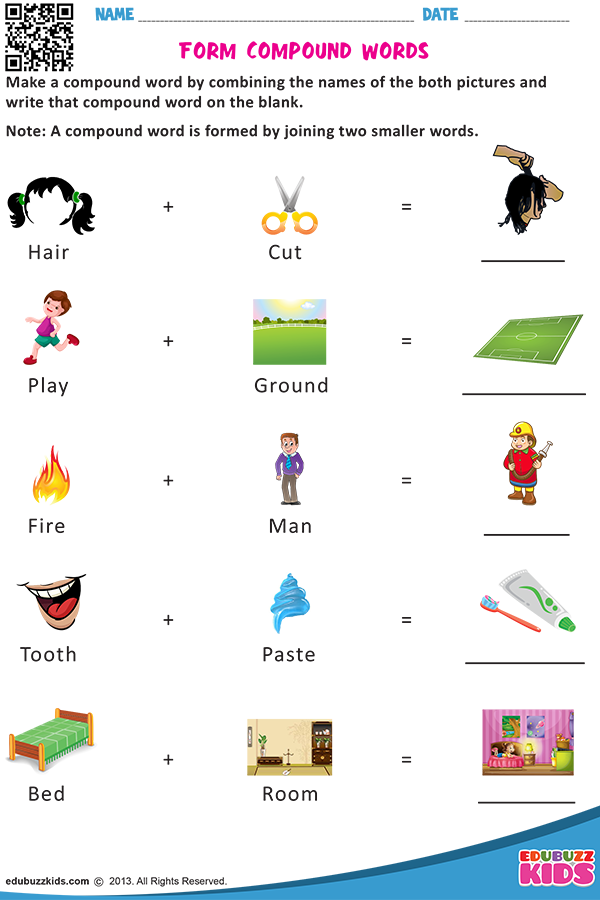 The Romance languages connect mother and father in various forms of the Latin word patria , derived from the word pater , "father", while being a feminine noun. The same happens in Greek with the word πατρίδα ( patrída ), a feminine noun derived from πατήρ ( patēr ), "father". Germanic languages, with the exception of English, mostly prefer the definition "land of the fathers": in German it is vaterland , in Dutch it is vaderland , in Danish it is fædreland , in Norwegian it is fedreland , in Icelandic it is föðurland , Swedish fädernesland . Russians do the same, albeit often using the endearing title “Mother Russia,” and call their homeland “fatherland,” a neuter noun derived from the word “father.” But, for example, the Chinese, who deeply revere their ancestors, use the word 祖国 ( zǔguó ), "ancestral land".
The Romance languages connect mother and father in various forms of the Latin word patria , derived from the word pater , "father", while being a feminine noun. The same happens in Greek with the word πατρίδα ( patrída ), a feminine noun derived from πατήρ ( patēr ), "father". Germanic languages, with the exception of English, mostly prefer the definition "land of the fathers": in German it is vaterland , in Dutch it is vaderland , in Danish it is fædreland , in Norwegian it is fedreland , in Icelandic it is föðurland , Swedish fädernesland . Russians do the same, albeit often using the endearing title “Mother Russia,” and call their homeland “fatherland,” a neuter noun derived from the word “father.” But, for example, the Chinese, who deeply revere their ancestors, use the word 祖国 ( zǔguó ), "ancestral land".
For many of us who were born in the diaspora or live in exile, who shy away from "motherland", "fatherland" and "ancestral land", words pompous and too politicized not to attract a critical eye, motherland is the mother tongue.

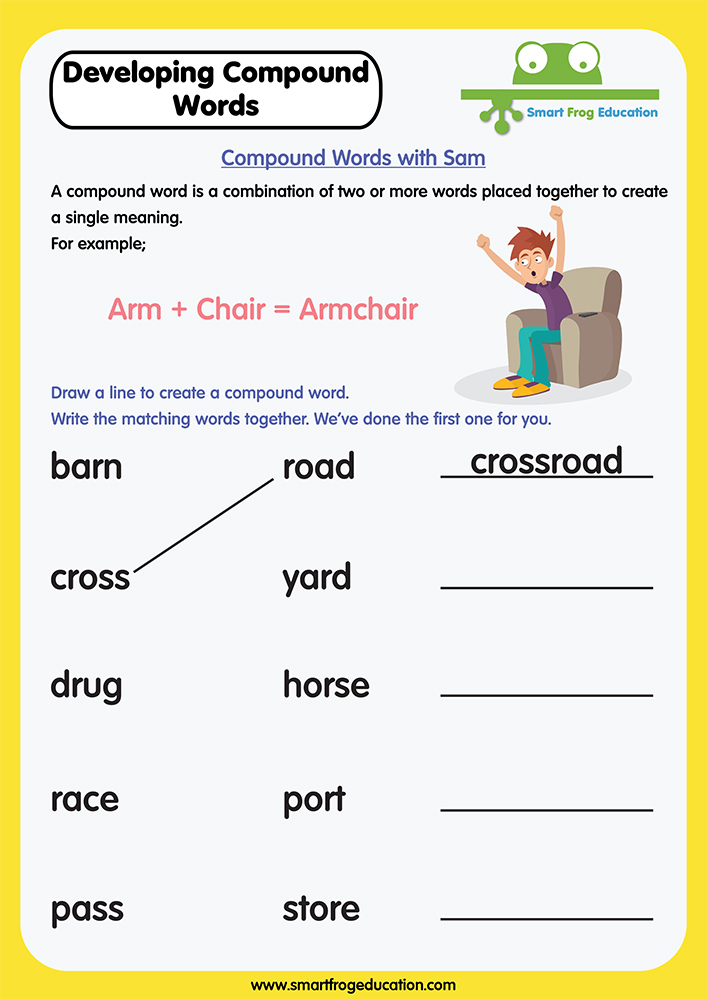 Organizational moment
Organizational moment 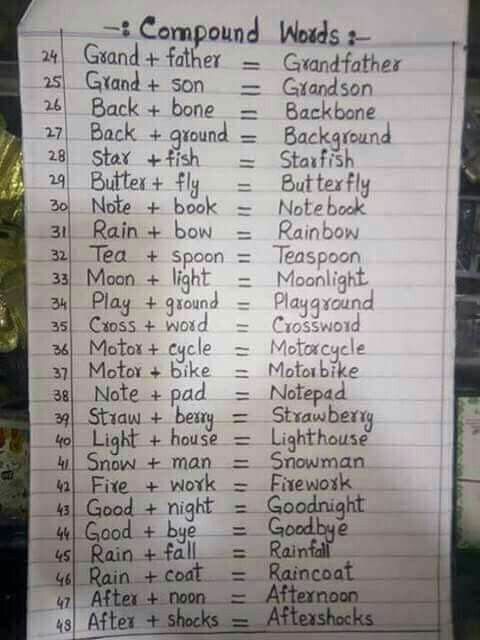
 We, too, by the end of the lesson must grow the fruits of our activities.
We, too, by the end of the lesson must grow the fruits of our activities. 
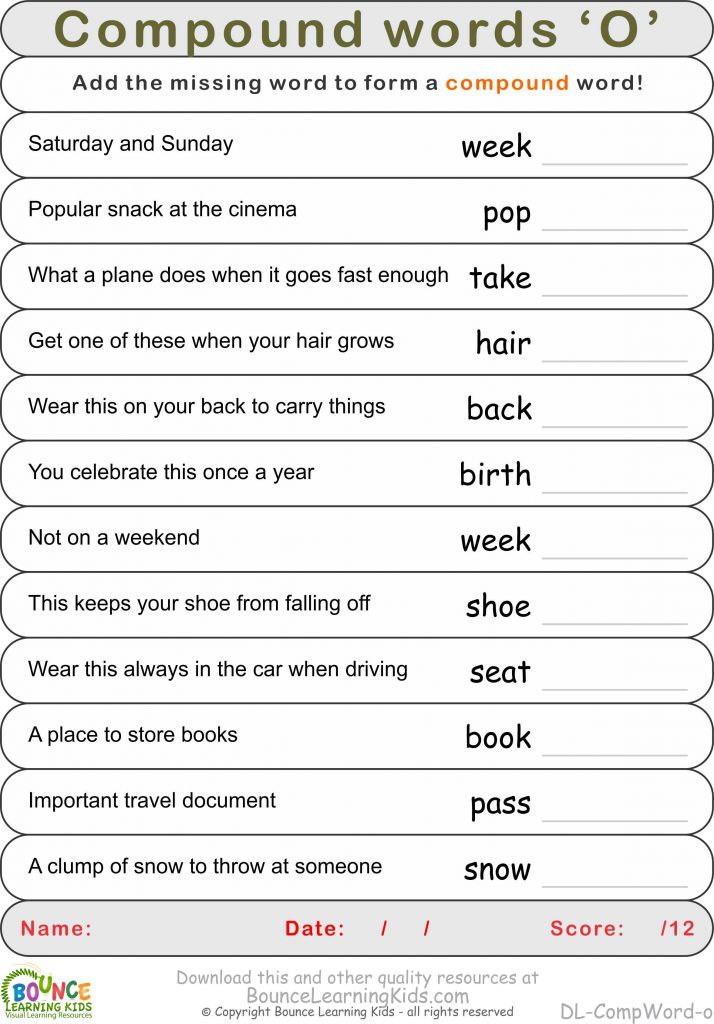

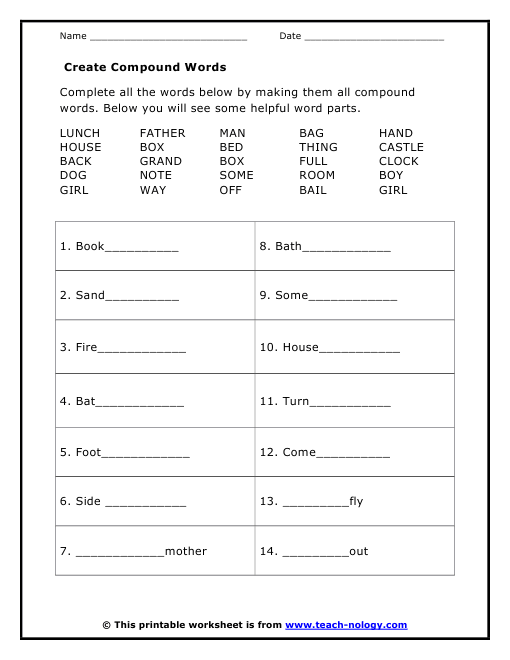 Lesson summary, reflection
Lesson summary, reflection 